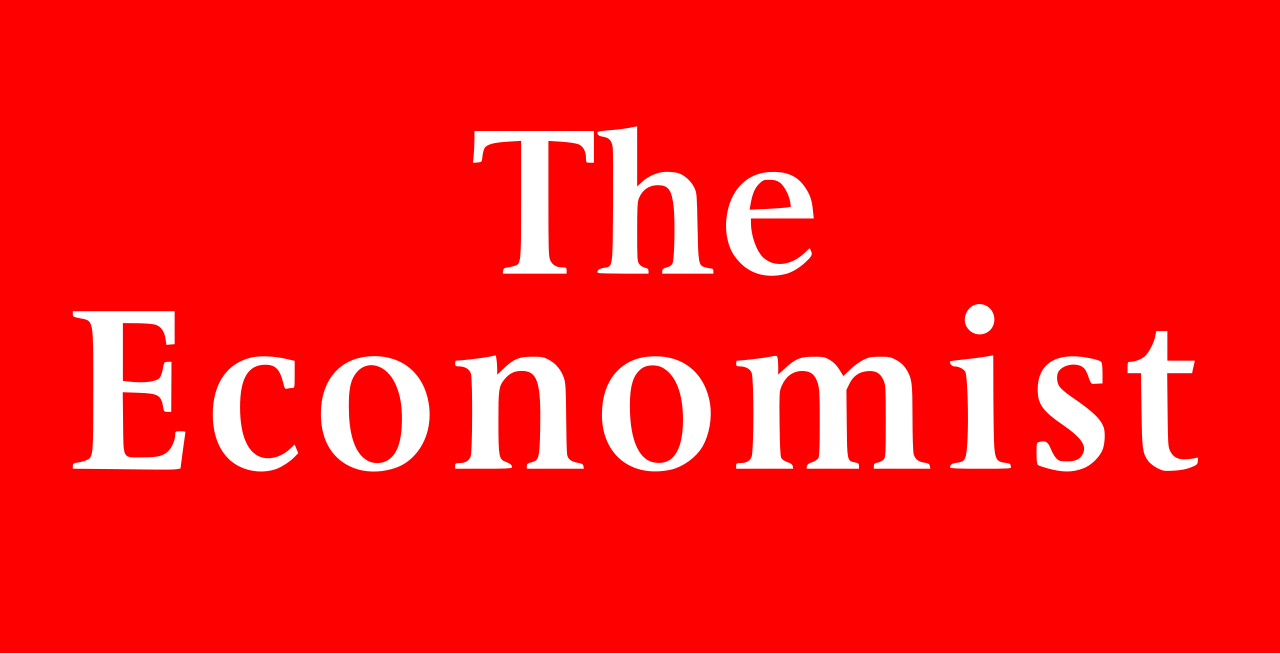
JULIAN ASSANGE, hauled out of the Ecuadorian embassy in London on April 11th after nearly seven years of self-imposed confinement, pale and hirsute, was not a pleasant house-guest. He is alleged to have smeared faeces on the wall of the embassy and neglected his cat, among other uncouth behaviour, according to Ecuador’s exasperated foreign minister. Even so, claim his supporters, his expulsion and arrest was a grave assault on press freedom. Others think it a long-overdue reckoning with justice for a man who had unleashed information anarchy upon the West, culminating in the destabilisation of American democracy. Is Mr Assange a heroic journalist, reckless activist or even an enemy agent?
There is no doubt that Mr Assange and his organisation, WikiLeaks, have published some of the most dramatic leaks of the past decade. These include documents exposing American wrong-doing in Iraq and Afghanistan (including larger estimates of civilian casualties in Afghanistan than previously reported, and video footage of an indiscriminate attack by an American helicopter in Iraq) in 2010. The same year it released a trove of over 250,000 juicy American diplomatic cables, stolen with the help of Chelsea Manning, then a junior soldier. Perhaps most seriously, in 2016 WikiLeaks was the conduit for Russian-hacked emails from the Democratic Party that may have swayed the course of America’s presidential election.
Mr Assange’s admirers ask: what distinguishes him from the New York Times, which published the leaked Pentagon Papers in 1971, exposing damning details of the Vietnam war? In some ways, Mr Assange was doing no more than following in the footsteps of such illustrious news organisations, which had long given a platform to anti-government leakers–and enjoyed First Amendment protections while doing so.
Yet there are several reasons why Mr Assange’s conduct puts him in a different category. The American charges against him point to one notable difference. They accuse Mr Assange not only of publishing leaked information—that is something that journalists do all the time–but also of helping Ms Manning to crack the password to a secret Pentagon network, making him a “co-conspirator” in illegal hacking. Many journalists egg on their sources to provide more information, as Mr Assange is alleged to have done; most do not help their sources pick physical or digital locks.
President Barack Obama’s justice department acknowledged that it could not prosecute Mr Assange’s leaking without criminalising the quotidian work of the media. But it warned, reasonably, that journalists did not have carte blanche: if they were believed to be agents of a foreign power, or conspiring in crimes with one, they could be legitimately booked.
Some of WikiLeaks’ behaviour may have come close to crossing this line (though the extent of Mr Assange’s personal role in its activity is unknown). According to an indictment published by the special counsel, Robert Mueller, in 2016 WikiLeaks urged Russian spies—operating under a flimsy pseudonym—to send it emails relating to the then Democratic candidate, Hillary Clinton. Its aim was to sway the election in favour of her Democratic rival, Bernie Sanders.
Donald Trump was the real beneficiary. “Boy, I love reading WikiLeaks,” he declared in 2016 (now, as president, he says WikiLeaks is “not my thing”). Mike Pompeo, then a Republican congressman, gleefully tweeted about WikiLeaks during the campaign. But in April 2017, having become director of the CIA, he called WikiLeaks “a non-state hostile intelligence service often abetted by state actors like Russia”.
This points to a second difference between Mr Assange and ordinary reporters. Most responsible journalists would not implore an authoritarian country’s spies to send them secrets for the purpose of disrupting a democratic election; nor would they fail to inform readers about the dubious provenance of the information.
WikiLeaks’ willingness to serve as an uncritical and enthusiastic laundromat for Russian intelligence reflects the group’s longer history of publishing material with little or no newsworthiness, but calculated to undermine American interests. A cache of CIA hacking tools published in 2017 was one example. In contrast, WikiLeaks almost never publishes leaks that might undermine America’s autocratic rivals. Mr Assange may not be an enemy agent, but he has at least been a useful idiot.
Mr Assange’s commitment to dumping information, rather than reporting it, has put him directly at odds with real journalists. In 2011 he published the unredacted version of the American diplomatic cables, having disagreed with the decision of several newspapers to publish only redacted ones the previous year.
His five partners—the Guardian, the New York Times, El País, Der Spiegel and Le Monde—condemned the move, pointing out that Mr Assange had revealed sensitive personal information and national-security details with little news value. Some named sources, such as an Ethiopian journalist, were forced to flee their countries.
It is right to be sceptical of the motives of Donald Trump’s administration. Britain should be wary of extraditing a high-profile suspect to a country whose justice department is in a state of political flux, and where details of the central offence of hacking are still sketchy—not least whether it was successful and what information, if anything, was stolen. But that does not mean the freedom of the press rests on the fate of Mr Assange. If Mr Assange deems himself to be a journalist, he is in desperate need of a remedial course on the basic ethics of the profession. Whether in Britain or America, he is likely to have plenty of time for that in the months ahead.

Nenhum comentário:
Postar um comentário